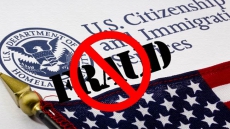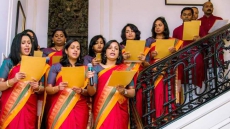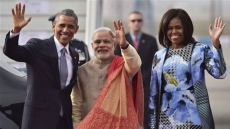Amid the rush among Indian expatriates scurrying home to exchange the demonetised Rs 500 and Rs 1,000 notes before the December 30 deadline, a Dubai-based numismatist who hails from India, has advised his compatriots to "hold onto their old currency notes".
"Check the serial numbers of the currency notes. Special serial numbers, fancy and royal notes could fetch several times its face value in future," the Khaleej Times quoted numismatist Ramkumar as saying on Wednesday.
The collector will never make a loss, said the 36-year-old numismatist who is fond of rare notes and has been collecting them from last 15 years.
Ramkumar, who is from Chennai, said people should "treasure" currency notes of any country. "How much profit one can make on these notes, purely depends on demand and supply. There is worldwide demand for fancy notes," Ramkumar told the newspaper.

He said that rare notes have a beautiful history and from an investment point of view they give very high returns in long term.
Ramkumar has a collection of royal number 000001 from 10 different countries. He also has an old note of Rs 1,000 which was demonetised in 1978 in India under the High Denomination Bank Notes Act.
Apart from the old Rs 1,000 bank note, he also has the recently-demonetised Rs 1,000 note, and both have same serial number 666666. According to him it is "the only known fancy number that survived".
He also has the oldest surviving Indian banknote, dated September 1812.
Asked about the value of such notes, Rajkumar said: "There are a few items for which price cannot be determined, as they are either one or two that are known to exist and there is no previous sale history of similar items to determine the value," he told the paper.

He said that solid (or continues) serial numbers are more valuable compared to royal numbers in bank notes
Ramkumar said he supported the demonetisation move by the Indian government.




